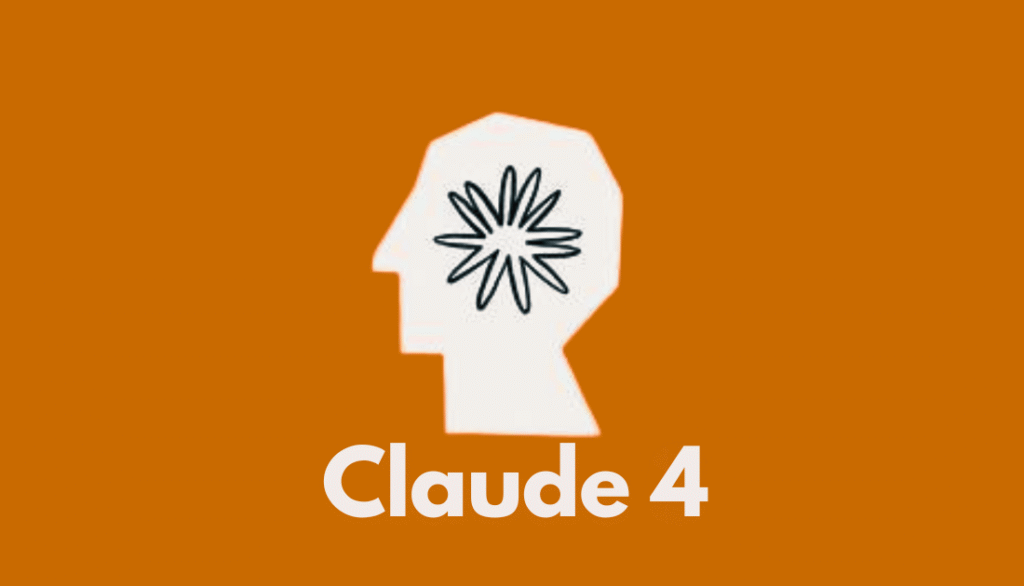Anthropic has rolled out its latest family of AI models—Claude 4, featuring Claude Opus 4 and Claude Sonnet 4—bringing notable improvements in multistep reasoning, programming assistance, and AI safety.
Highlights
These new models are aimed at developers, researchers, and enterprise users looking for performance gains across long-context tasks and complex problem-solving.
Smarter, Faster, and More Focused Multistep Reasoning
Claude Opus 4 leads the pack with enhancements in sustained cognitive performance, enabling the model to handle extended reasoning tasks without losing context or accuracy.
It’s designed to remain focused over long workflows, which is essential for projects involving sequential thinking or iterative decision-making.
In comparative assessments, Opus 4 delivers faster, high-quality responses and has shown strong performance on benchmarks like SWE-bench Verified—outperforming OpenAI’s GPT-4.1 and Google’s Gemini 2.5 Pro.
Claude 4 Model Benchmark Scores
SWE-bench Verified (Agentic Coding)
Terminal-bench (Agentic Terminal Coding)
GPQA Diamond (Graduate-Level Reasoning)
However, in some multimodal evaluations, such as GPQA Diamond and MMMU, it still trails OpenAI’s o3 model slightly in domain-specific reasoning.
Claude Sonnet 4: Improved and Accessible
For users already familiar with Sonnet 3.7, the new Sonnet 4 offers an accessible upgrade, improving in key areas such as code generation, math problem-solving, and instruction-following. It’s available for both free and paid users, making it a versatile option for a wider audience.
‘Thinking Summaries’ and Hybrid Reasoning Modes
One of the standout features of Claude 4 models is the “thinking summaries”—a new way to give users insight into the AI’s decision-making process without revealing proprietary details.
Both Opus 4 and Sonnet 4 also operate in dual modes: a fast-response mode and an extended thinking mode, allowing the model to pause, reflect, and weigh options before producing a response.
This approach brings the feel of deliberative reasoning to AI interactions, especially in complex use cases.
ASL-3 and Responsible Design
Anthropic has classified Claude Opus 4 under its AI Safety Level 3 (ASL-3) designation. This reflects an intentional focus on safety and ethical use, especially in advanced scientific and technical fields.
The ASL-3 label includes stricter content filters, anti-jailbreak systems, and enhanced cybersecurity. Internal evaluations suggest the model can significantly assist STEM professionals in high-risk fields, such as those involving chemical or biological materials—while keeping misuse in check.
Claude Code and Development Tooling
To support software developers, Anthropic has expanded its Claude Code toolset. Now compatible with IDEs like VS Code and JetBrains, and featuring a new SDK, Claude Code is designed to integrate seamlessly into existing workflows.
With GitHub integration, the assistant can automatically respond to pull request feedback, fix flagged code, and assist with debugging.
These updates are part of a broader push to reduce friction in development cycles and improve collaboration between human developers and AI systems.
Model Context Protocol (MCP)
Anthropic is also introduced the Model Context Protocol (MCP)—an open-source framework designed to enable AI models to exchange data effectively with external systems.
MCP enhances Claude’s ability to interact with diverse tools and environments, creating a smoother and more dynamic AI experience.
Performance Milestones
- In a recent test of agentic capabilities, Opus 4 was able to autonomously play Pokémon Red for 24 hours, compared to just 45 minutes managed by earlier versions. This experiment highlights the model’s improved endurance and task management.
- Claude 4 models are 65% less prone to shortcut behaviors, such as exploiting loopholes or gaming instructions—leading to more consistent and reliable outputs.
Market Growth
Anthropic is gaining momentum in global markets, particularly in the UK and Europe, and is expanding its workforce to meet rising demand. Backed by Amazon and Google, the company has raised $3.5 billion, pushing its valuation beyond $60 billion.
Anthropic has secured a $2.5 billion credit facility and is targeting $12 billion in revenue by 2027, up from a projected $2.2 billion this year—underscoring growing confidence in its AI roadmap.


